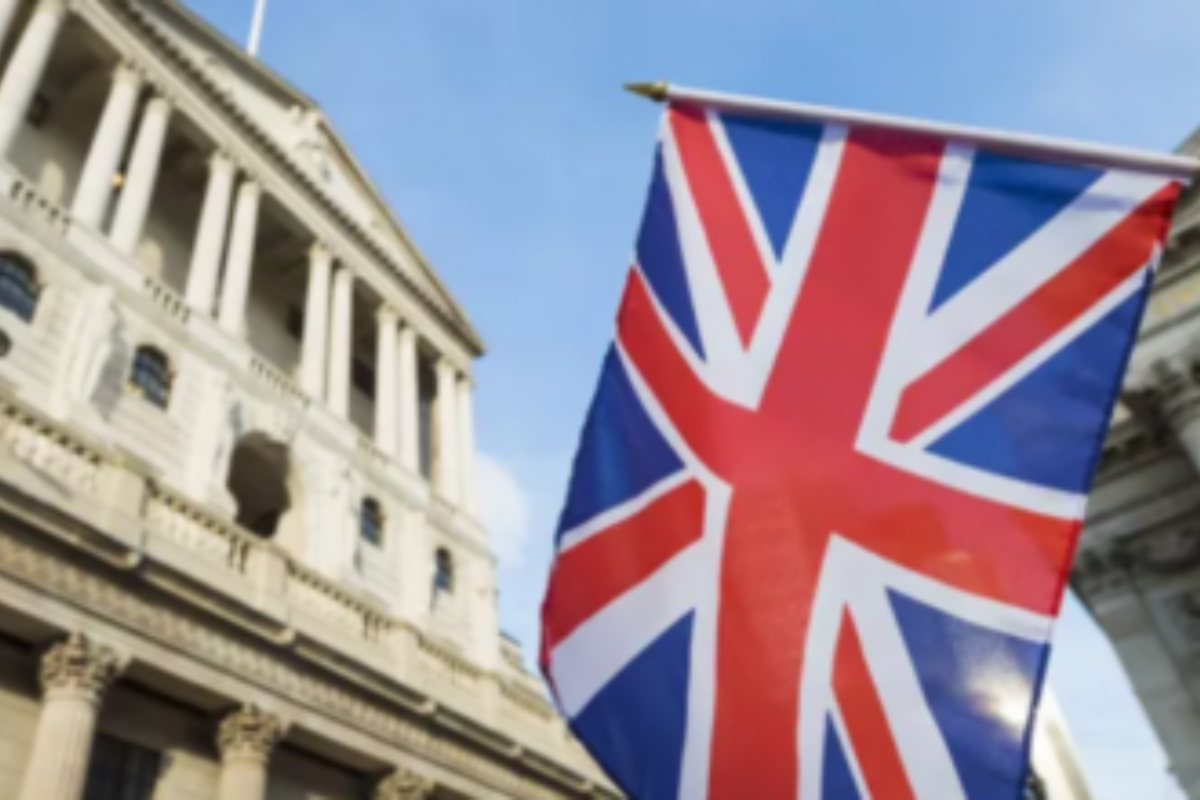The country’s resources are in a £40 billion deficit, and the Chancellor yesterday said that the medium-term fiscal update will be postponed until the 17th of November. However, the researchers discovered that the two-week notification postponement would result in a £15 billion reduction in the figure.
How Does The UK Plan To Effect Positive Changes On Its Economy?
Forecasts have given Downing Street confidence that only minimal adjustments to the public budget will be needed. However, the Treasury will still need to find savings amid worries about increasing old-age benefits to bridge the gap.
After a remarkable turnaround in the UK’s economic situation, drastic spending cutbacks and tax increases may not be as necessary as initially anticipated. According to reports, Rishi Sunak and Jeremy Hunt are considering exploiting declining fuel costs and a “dullness dividend” from the capital markets following the change in administration to temper their radical ideas.
According to a new analysis released today, a £40 billion financial hole might have decreased by up to £15 billion by the time the government releases its postponed Autumn Statement on the 17th of November. This move would allow public expenditure cutbacks and tax increases to be scaled back or eliminated.
According to the reports, Downing Street is becoming more confident due to the estimate that only slight adjustments to the public budget will be needed.
Due to unseasonably mild autumn weather, fuel prices have plummeted recently. Liz Truss’ resignation as prime minister has also caused a decline in gilt yields, which has resulted in lower lending rates for the nation.
What May Be The Implications Of The Move?
It isn’t all positive, though. Changes to the state pension and welfare payments that would subject beneficiaries to a real-terms reduction have not yet been ruled out by ministers.
Despite being a promise in the Conservative platform, No. 10 yesterday declined to say if the “triple-lock,” which links pension increases to hikes in the cost of living, will remain in place.
After the PM declined to affirm that Universal Credit will likewise grow in pace with prices, there may be a real-term benefit reduction the following year.
According to recent reports, the country can also devise methods to fix earnings tax levels. Reports further stated that millions might be forced into higher tax rates due to the inflation rate of 10.1 percent, which could bring in up to £4 billion for the Treasury.
